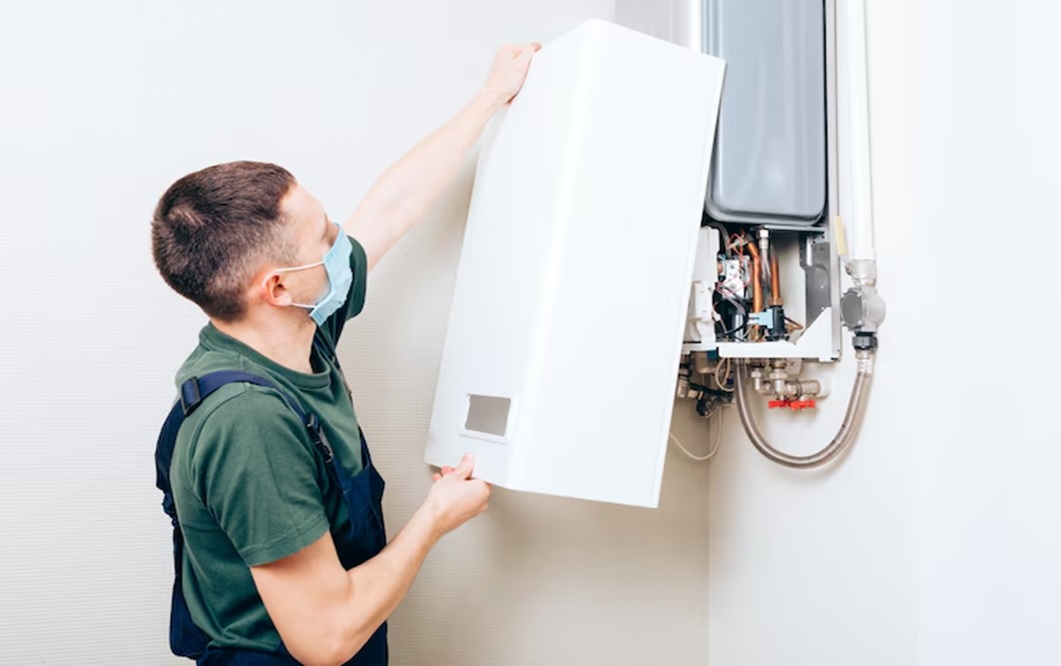If you want your septic system or water heater tank to last and work efficiently for years to come, you need to take the time to maintain it properly. With an emphasis on water heaters and septic tanks, this essay delves into the significance of tank maintenance and how it enhances their performance.
The Value of Regular Septic Tank Inspections
In both commercial and residential wastewater management systems, a septic tank is an essential component. For the sake of both the environment and your wallet, keep these tanks well-maintained to avoid expensive repairs and keep them running smoothly.
1. Checking and Pumping on a Regular Basis
Septic tanks must be pumped and inspected regularly to avoid overflow and keep wastewater treatment efficient. The tank’s capacity decreases and the likelihood of drain field clogs increases as solid waste accumulates over time. System failures and groundwater contamination can be avoided with the scheduled pumping of these solids by trained technicians.
2. Keeping an Eye on and Fixing Tank Parts
Baffles, filters, and effluent pumps are all parts of the tank that must be monitored for their condition. All of these parts work together to keep the tank and drain field flowing properly. By keeping an eye out for signs of wear and tear, regular inspections help keep the tank in top shape for as long as possible and ensure it continues to operate efficiently.
3. The Integrity of the Soil and Drain Field
When maintaining a septic tank, it’s important to keep an eye on the soil and the condition of the drain field as well. Soil saturation and groundwater contamination can result from improperly handled wastewater. The drain field’s ability to absorb and filter wastewater properly depends on regular inspections and soil tests.
Improving the Efficiency of Water Heaters by Regular Maintenance
Hot water for many uses is provided by water heaters, the perfect water heater installation is necessary in both commercial and residential facilities. By keeping up with routine maintenance, you can keep your water heater running efficiently for a longer period of time, which in turn reduces energy expenses and downtime.
1. Accumulation of Flushable Sediment
Water heater tanks can become clogged with sediment over time, which lowers heating performance and could even damage internal components. Tank flushing on a regular basis removes sediment, which improves heat transfer and keeps water quality stable. Preventing early failure and ensuring a regular supply of hot water is as easy as doing this maintenance activity.
2. Analyzing and Trading Out Anode Rods
By drawing in harmful substances, anode rods prevent water heater tanks from rusting. To keep the tank running for longer, check these rods often and replace them when they get worn. The protective function of anode rods can only be maintained by periodically replacing them, since they are sacrificial components.
In summary
For dependable performance, extended equipment life span, and minimized operational expenses, it is vital to properly maintain tanks, whether they be for septic systems or water heaters. The integrity of the tank and the effectiveness of the system are greatly affected by the lack of regular inspections, maintenance, and expert services. Proprietors may protect their investments, help the environment, and keep their septic tanks and water heaters running smoothly by engaging in preventative maintenance activities.

